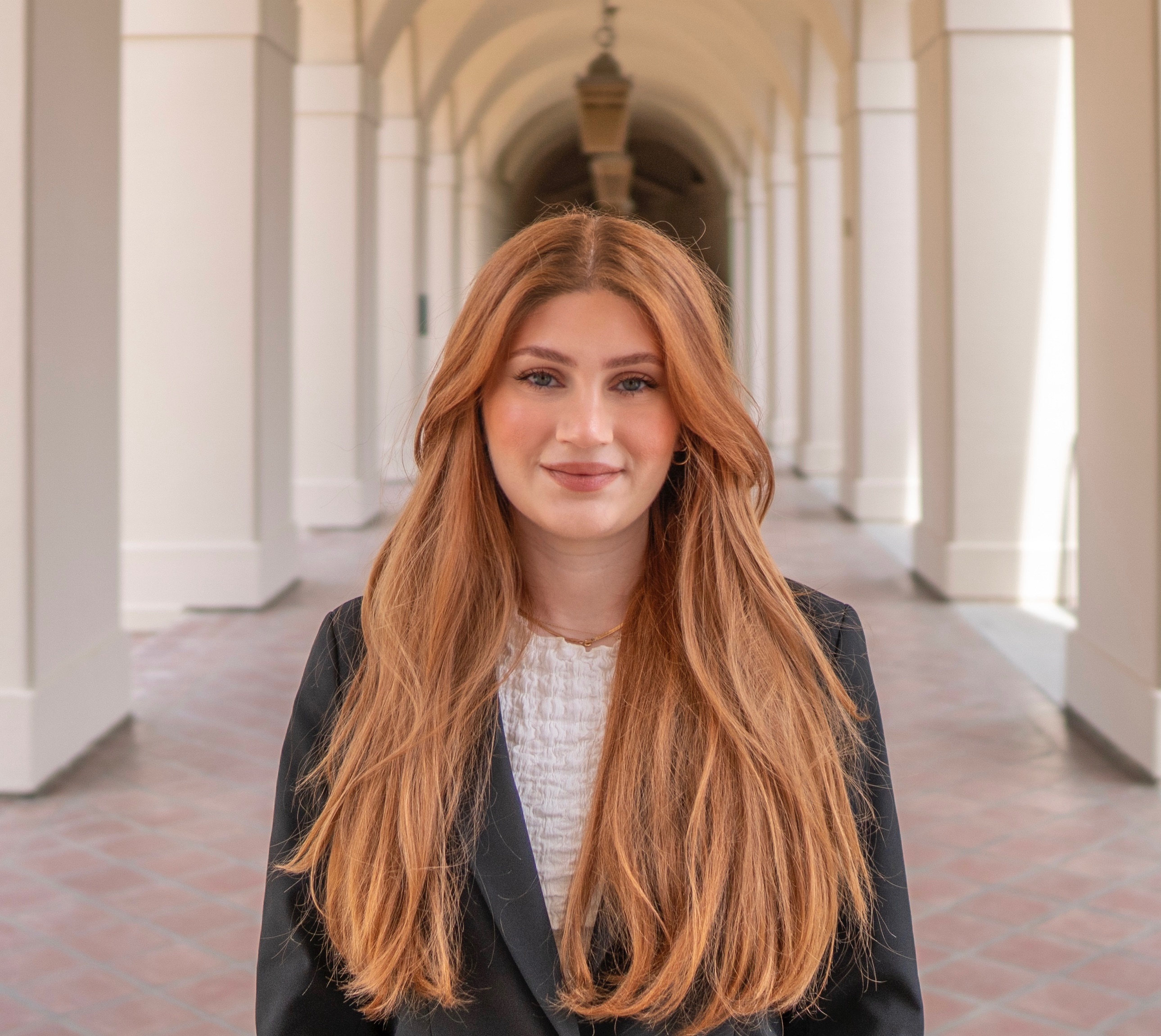
Rising 3L Mariam Bablanian shares her experience as a summer intern for the Juvenile Justice Clinic, honing her advocacy skills and assisting system-involved youth.
How did you land your summer job?
I was a student with the Juvenile Justice Clinic during my 2L year. During the fall semester, our class was informed the clinic was looking to hire a summer clerk. I immediately expressed my interest to the clinic director, Roshell Amezcua, Esq., who encouraged me to apply, and the rest is history.
What is the most interesting part of your job?
There are a lot of interesting aspects to it. For starters, the entire time I’ve been with the JJC, I have been a certified law clerk. This means I get to speak on the record in court appearances and put my name on motions that I write. Not only am I personally advocating for my clients, I get to learn essential lawyering skills everyday through this practice. Most importantly though, our clients truly make this work and clinic so special and interesting. Getting to know our clients, fighting for their rights, and taking in the small and sometimes even big wins, keeps us all going and passionate for our work.
What has been your most challenging assignment thus far?
So far this summer, I have been working on one particularly complicated case. I have been tasked with reviewing hours and quite a lot of documents of discovery in order to find something to write a motion to suppress on. It has been a challenge just getting through the discovery itself and piecing together the events of the incident in question, let alone beginning to write the motion. Fortunately, I have made a lot of progress and have the help of an awesome team to keep going.
What new legal skill have you acquired during your summer job?
Since I’m not new to the JJC, the work has been familiar. However with familiarity, comes improvement, and I can confidently say I’m staring to feel more comfortable speaking on the record. This was a personal goal of mine when I first started, to get over my fear of public speaking. It has not been easy but I can definitely see a big difference in my abilities as opposed to when I first started.
What bit of legal knowledge have you been able to display?
A lot of the work we do in the JJC, as well as most criminal defense work, has to do with criminal law, constitutional law, criminal procedure, and evidence rules. I have now taken all of these classes (as well as classes specific to juvenile law) since finishing my second year in law school. One thing I commonly use my legal knowledge for is to brainstorm as well as write motions revolving around constitutional rights and/or violations.
How has Loyola Law School helped you map your career path?
For starters, Loyola Law School’s career counseling office has guided me extensively in landing public interest positions and building a strong resume that reflects my experiences and career goals. Furthermore, the opportunity to be a part of the JJC, which is only one of many amazing clinics the school has to offer, is the reason I got to explore a genuine passion of mine. This is now something I am considering to make a career when I graduate, and luckily, I have met so many great mentors in the public interest field through Loyola that can help me reach this goal!